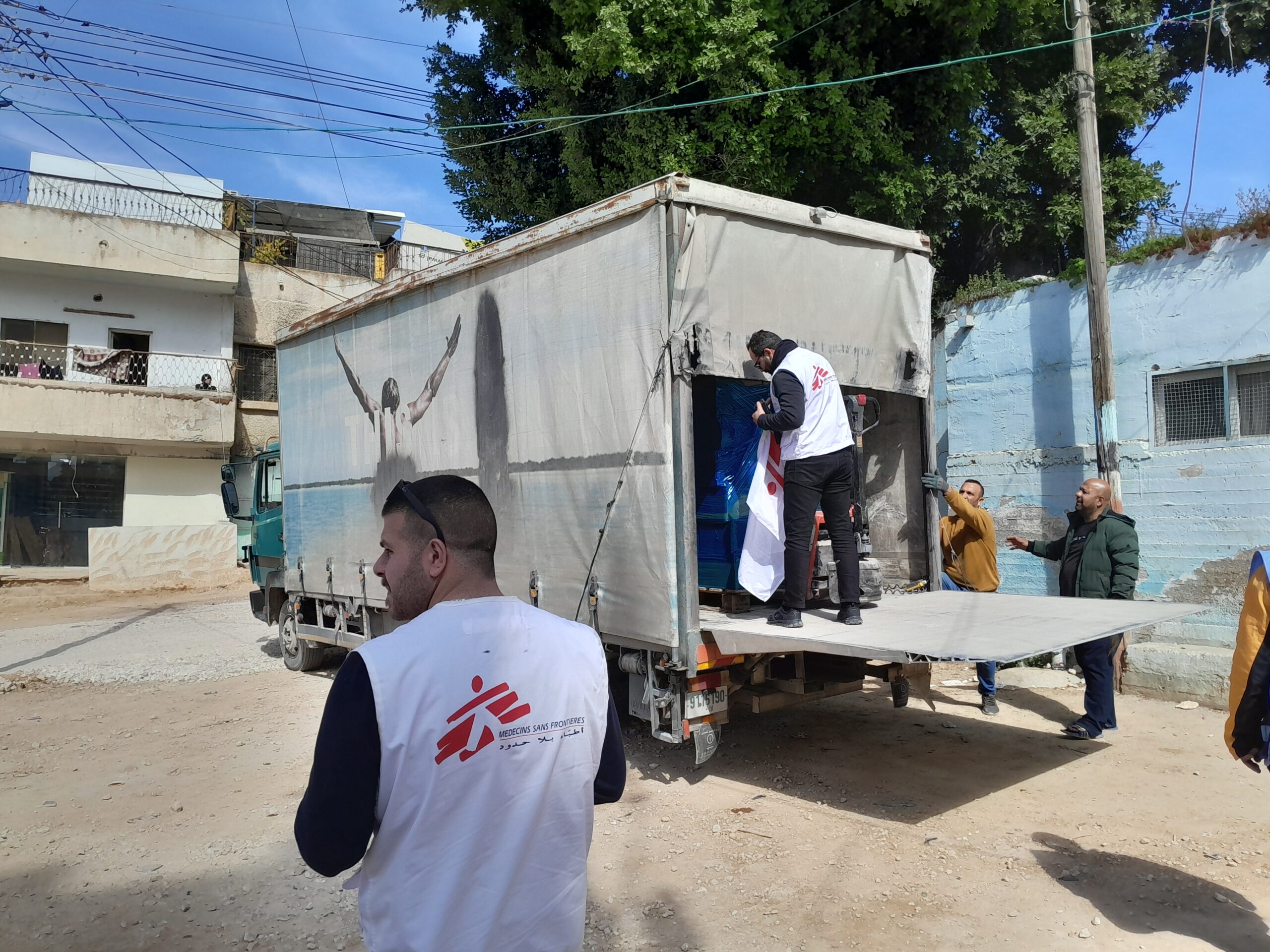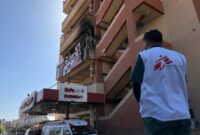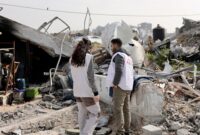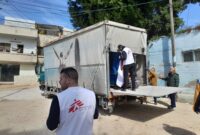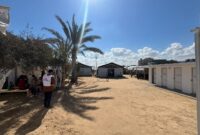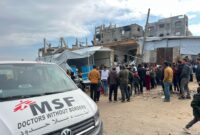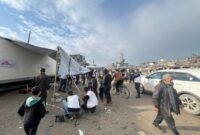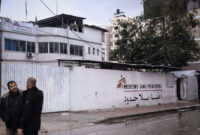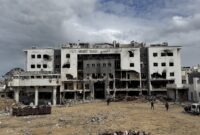Palestine: Mass displacements in West Bank take dramatic toll
Tens of thousands of people face dire conditions as Israel forces displacement
Doctors Without Borders/Médecins Sans Frontières (MSF) warns that tens of thousands of displaced people in the northern West Bank, Palestine, are without proper shelter, essential services and access to healthcare.
Following the January 2025 ceasefire in Gaza, Israel launched the “Iron Wall” military operation in the occupied West Bank, forcibly displacing thousands and leaving them in an extremely precarious situation. Israel must immediately halt the forcible displacement of Palestinians in the West Bank and the humanitarian response must be scaled up and reach those in need.
“This scale of forced displacement and destruction of the camps has not been seen for decades. People are unable to return to their homes as Israeli forces have blocked access to the camps, destroying homes and infrastructure. Camps have become ruins and dust,” says Brice de la Vingne, MSF director of operations. “Israel must stop this and the humanitarian response needs to be scaled up.”
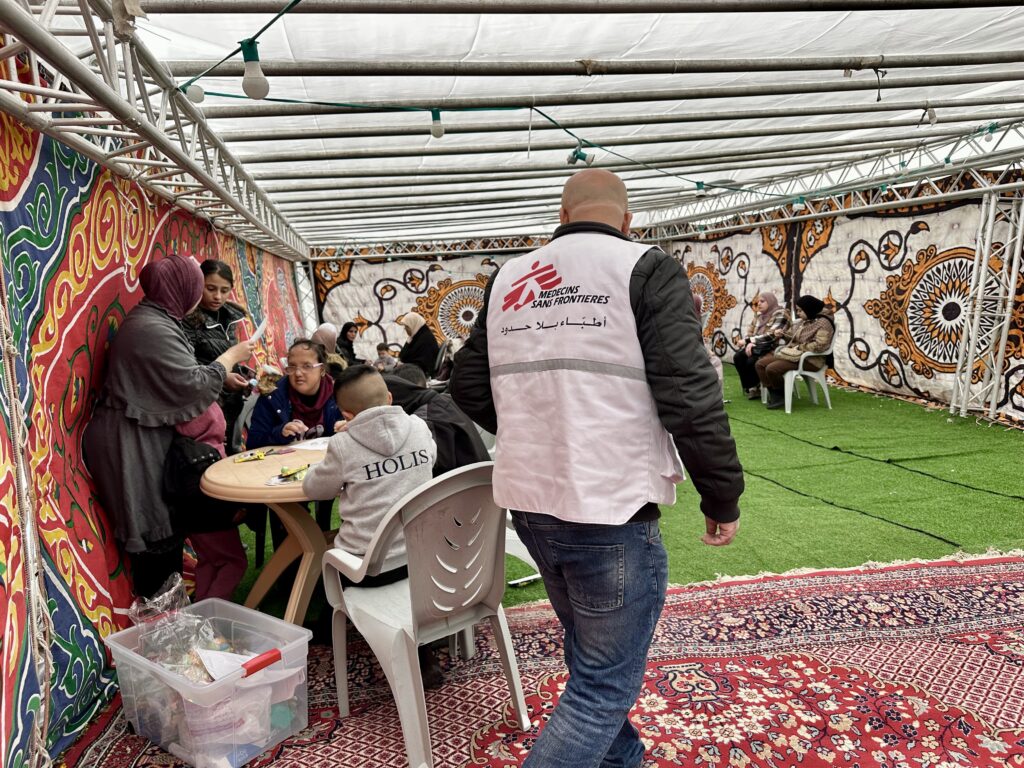
“Displacement is suffering, a silent anguish, a deep pain in the heart for everyone. You see the tears in people’s eyes, but we hold them back.”
Issam, MSF patient displaced from Nur Shams camp
Since the war in Gaza broke out in October 2023, Israeli forces have increased the use of extreme physical violence against Palestinians in the occupied West Bank, as MSF highlighted in its report “Inflicting harm and denying care.” In total, 930 Palestinians have been killed, including 187 children according to the World Health Organization. Access to healthcare has been severely hindered as confirmed by MSF teams who have witnessed the systematic pattern of oppression by Israel on health workers and patients.
The situation further deteriorated since the ceasefire in Gaza and Israel’s “Iron Wall” operation, which has effectively emptied the three main refugee camps of Jenin, Tulkarem and Nur Shams in northern West Bank. Over 40,000 Palestinians were forcibly displaced according to the United Nations Office for the Coordination of Humanitarian Affairs.
“The [Israeli] army raided our house and ordered us to evacuate. We weren’t allowed to take anything with us – not even our documents. All we received was the warning ‘Get out’,” says Issam, a 55-year-old MSF patient who was displaced from Nur Shams camp. “Displacement is suffering, a silent anguish, a deep pain in the heart for everyone. You see the tears in people’s eyes, but we hold them back.”
The mental health situation is alarming, with many patients suffering from stress, anxiety and depression due to the violent and unpredictable nature of incursions and displacement. “People don’t know what has happened to their homes and have suffered immense losses, including their sense of purpose,” says Mohammad, 30 years old, an MSF community health educator.
“Drones were flying over the houses, ordering the residents to get out. They always destroy things, but nothing like this has ever happened before,” says Abdel, a resident of Jenin camp.
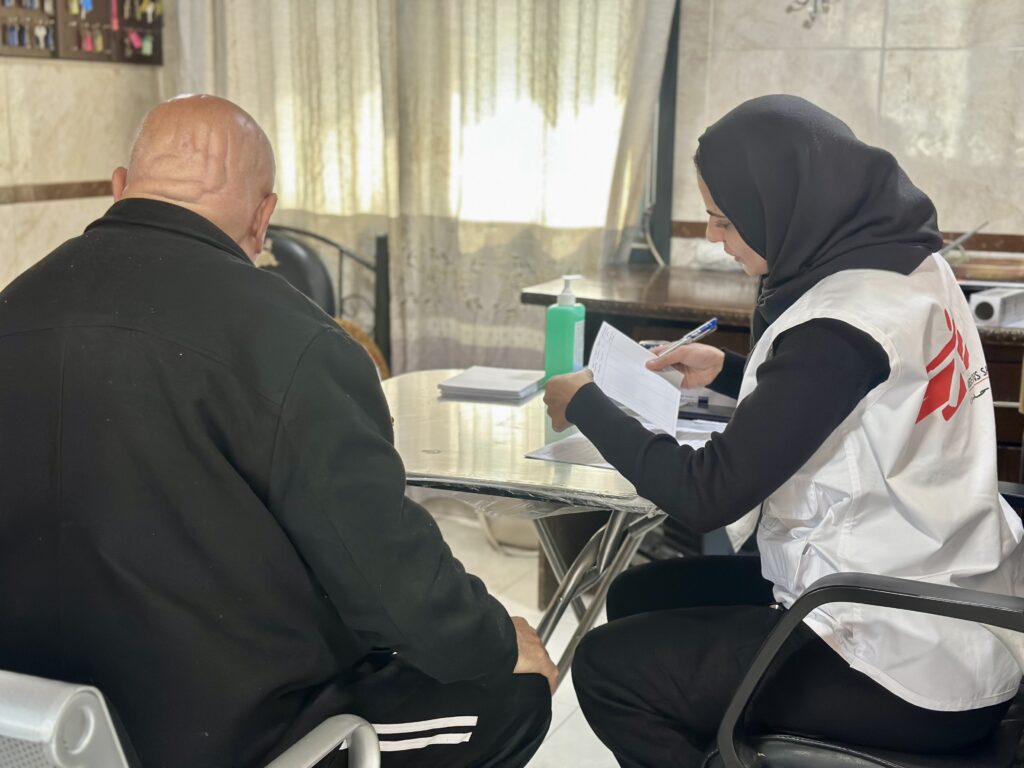
MSF previously offered support in the three camps but had to adapt activities given the security risks and displacement of people. MSF teams now operate daily mobile clinics in Tulkarem and Jenin to provide medical care to displaced people. Our teams are treating chronic conditions such as diabetes and hypertension which have worsened due to lack of access to medication, respiratory infections and osteo-muscular disorders among others. MSF teams also distribute hygiene kits and food parcels to support those who were forced to leave their homes without resources or belongings. MSF is providing water to the Khalil Suleiman hospital, the main hospital in Jenin, to mitigate frequent supply shortages due to damage from military operations.
MSF continues to respond to people’s urgent needs, but the scale of displacement and the escalating humanitarian crisis amid the inadequate international response present an immense challenge and needs in the West Bank are only getting worse.
